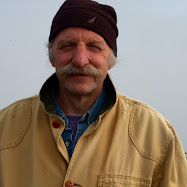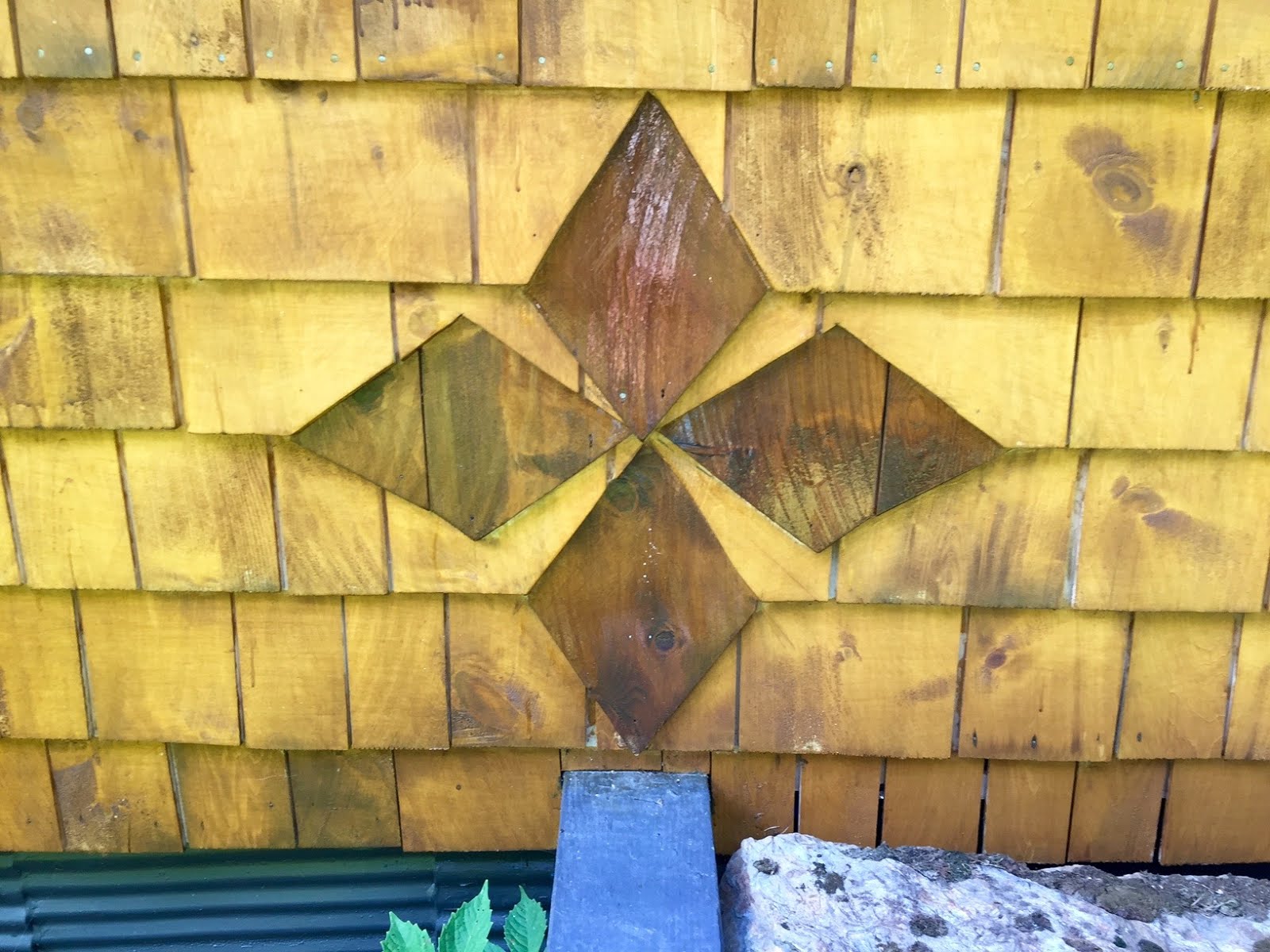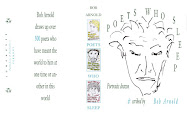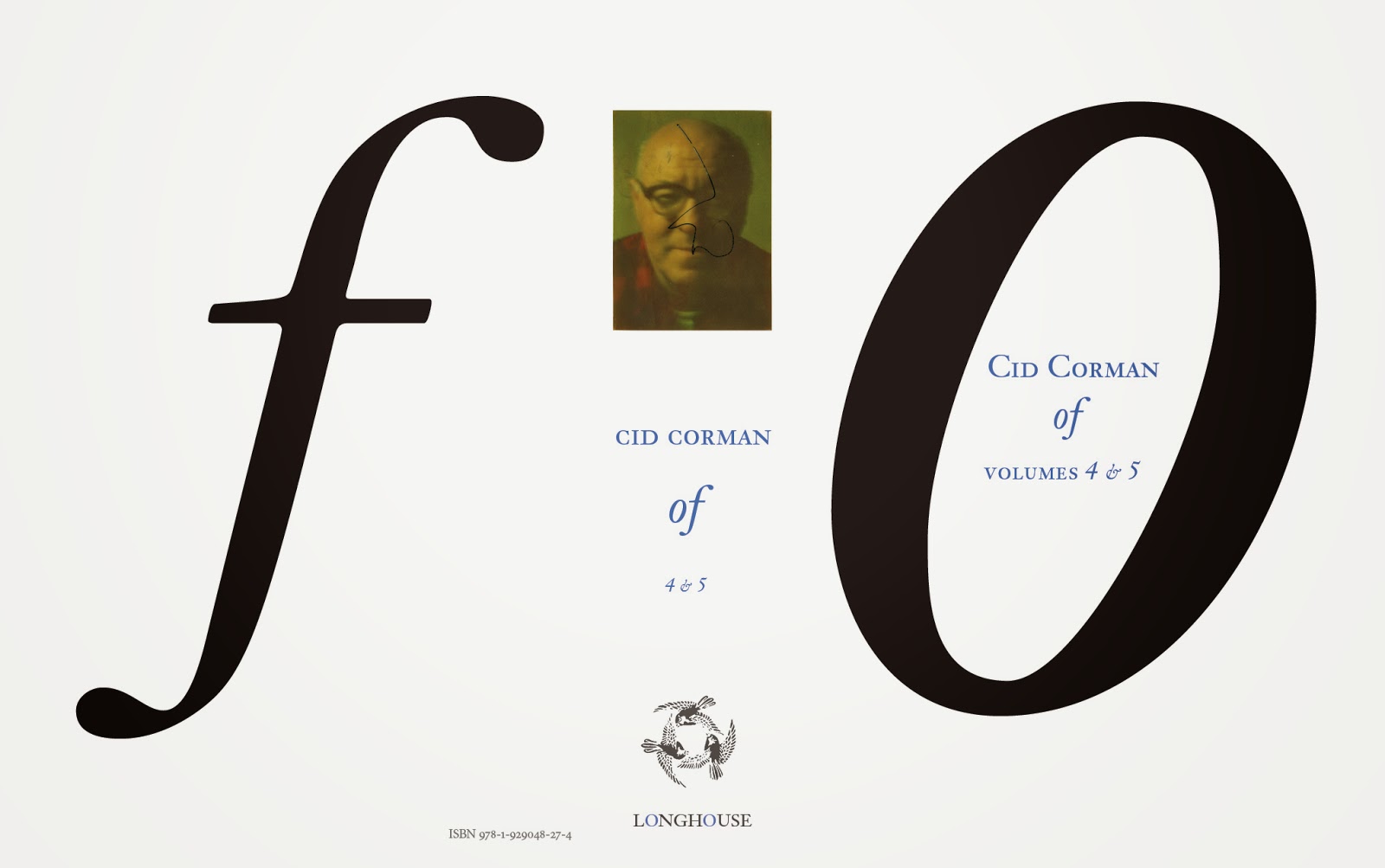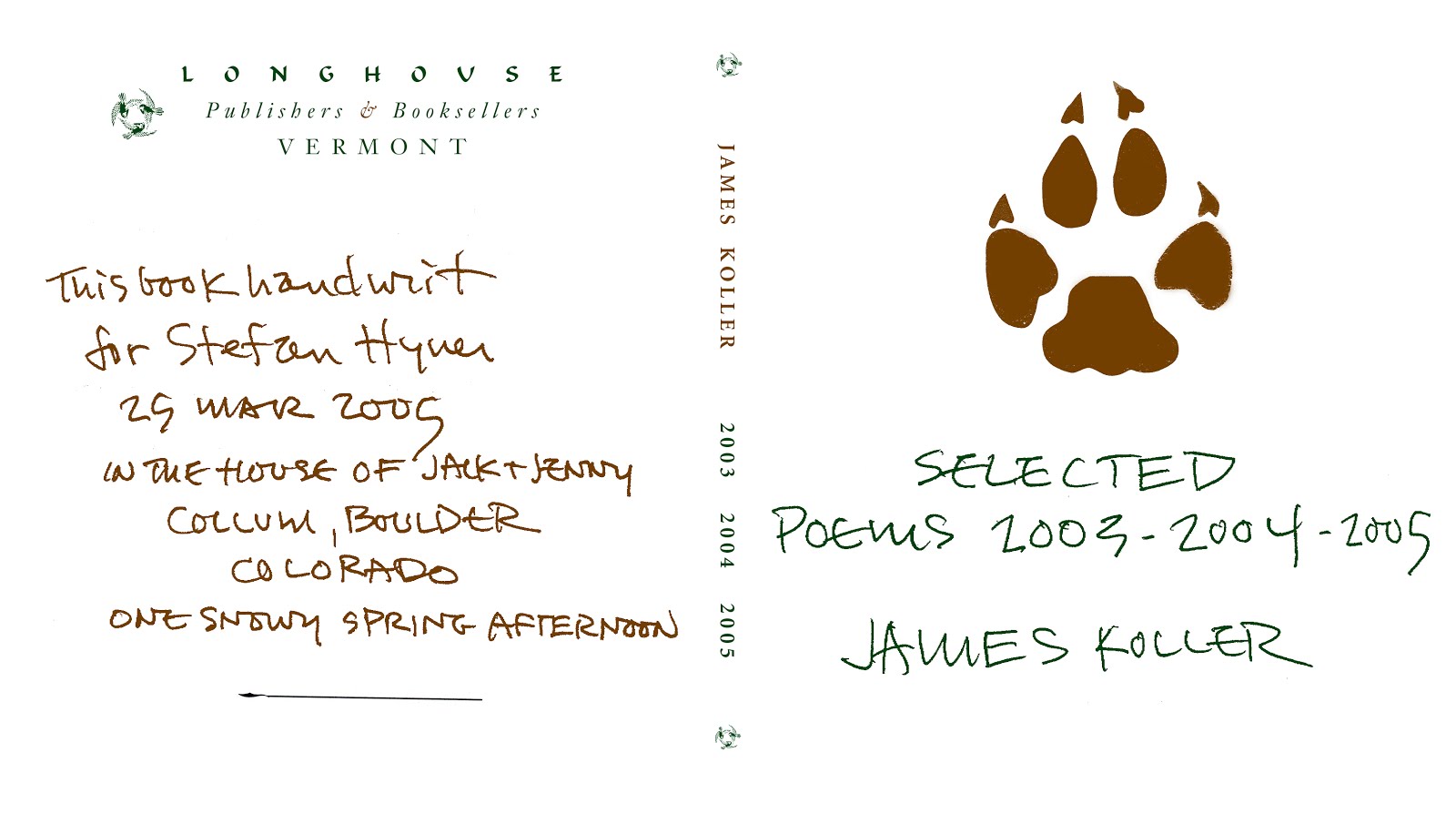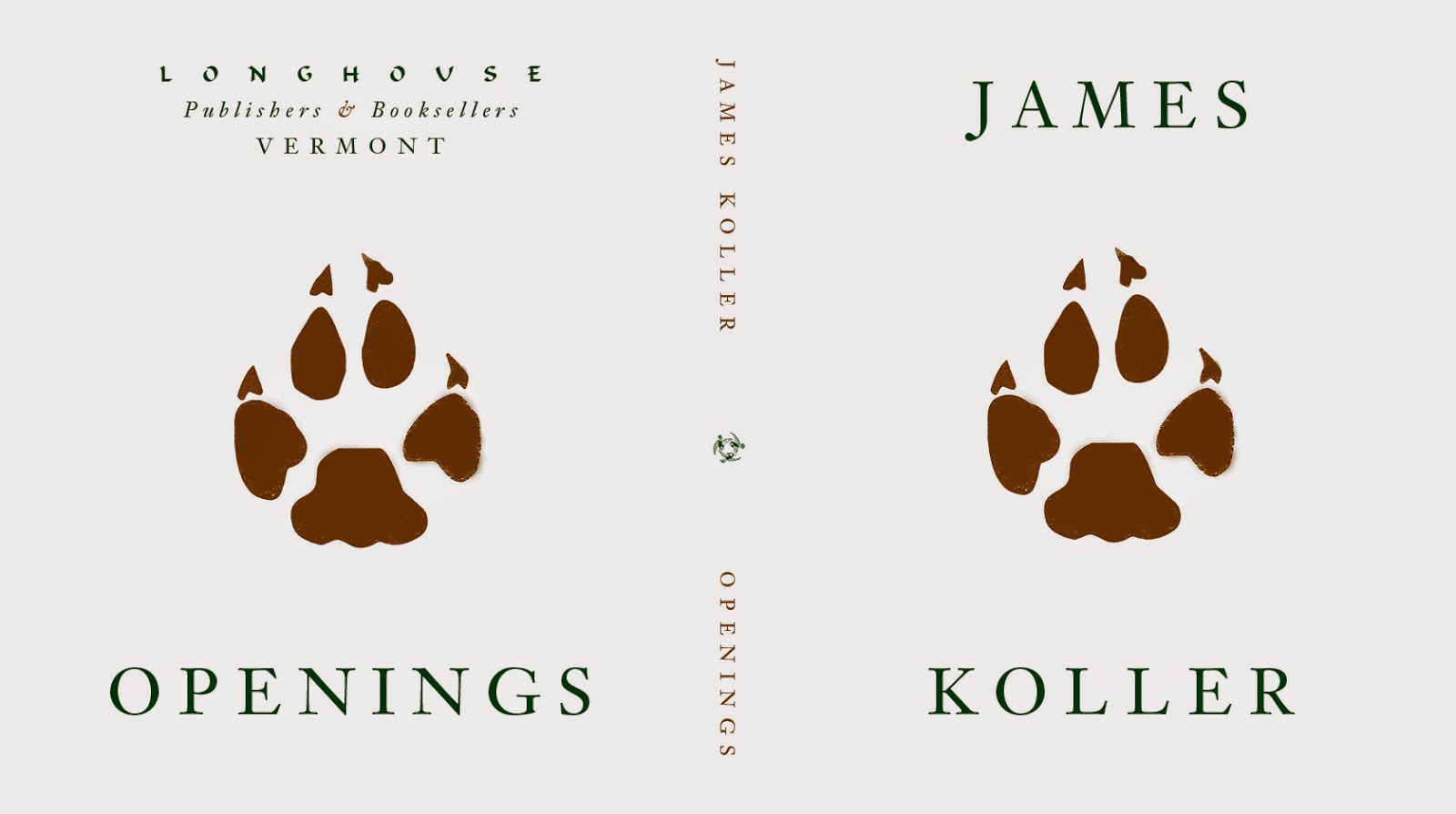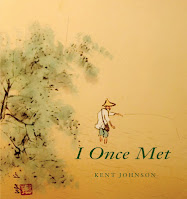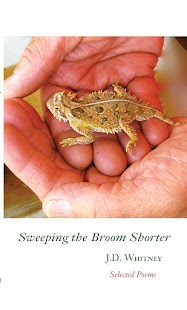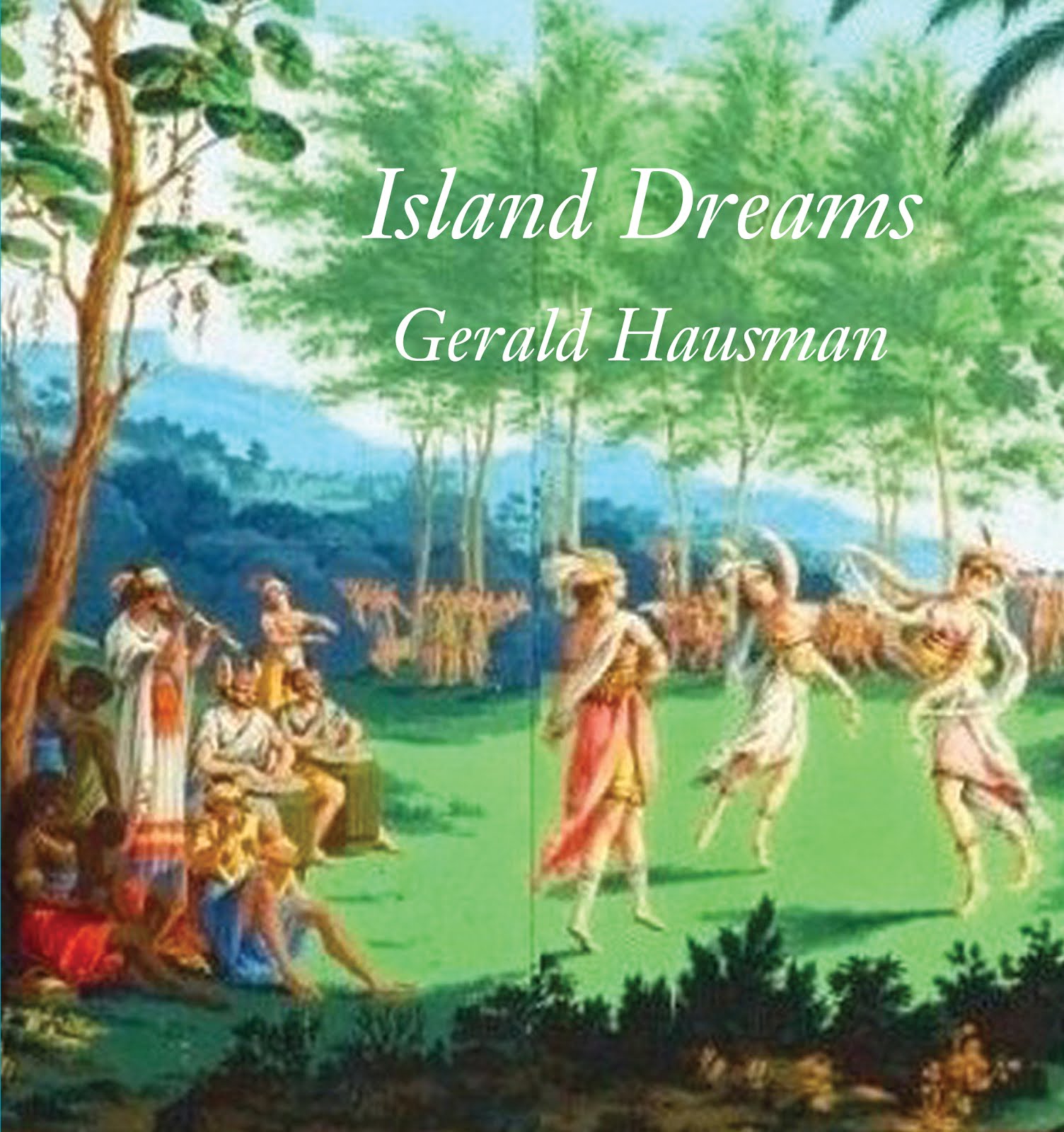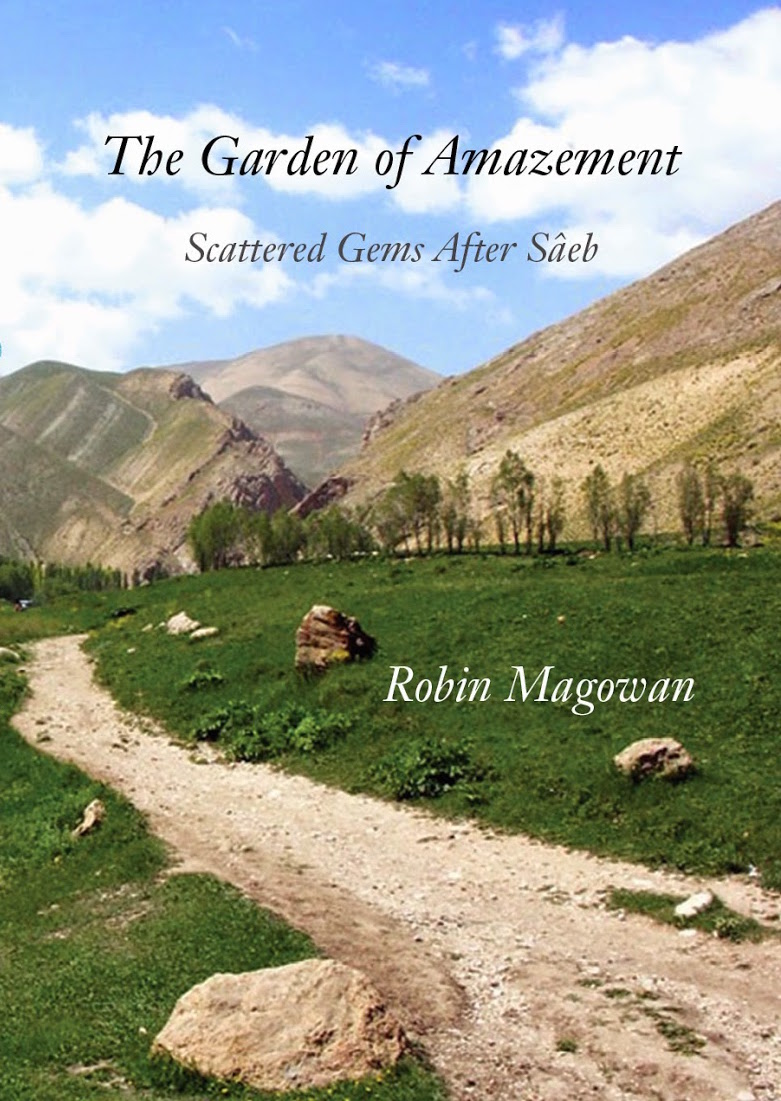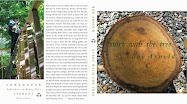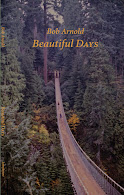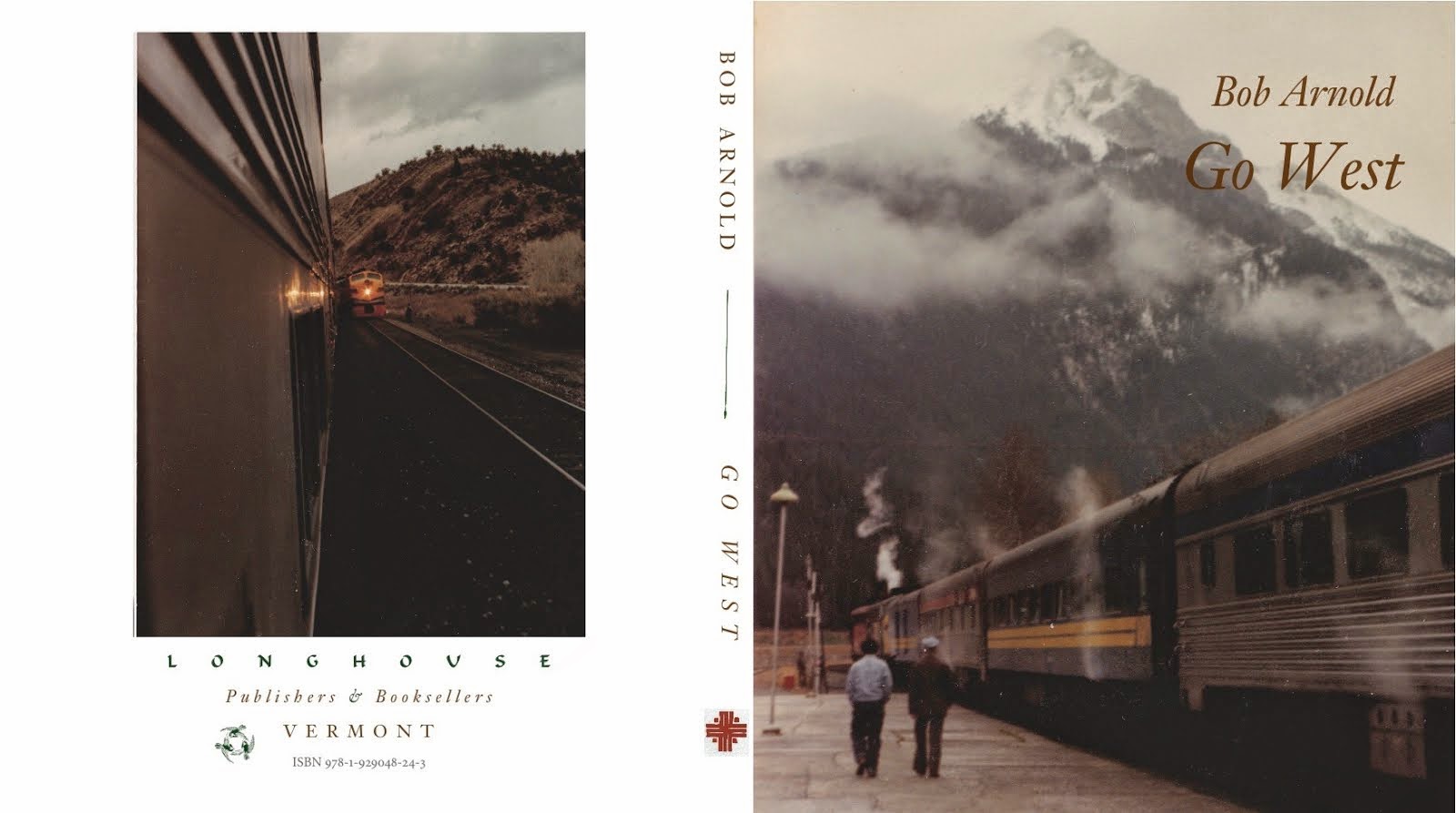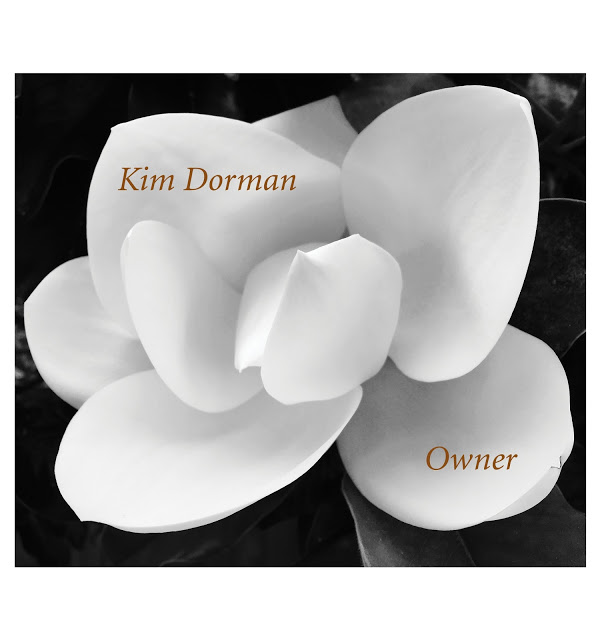Anna Swir (Swirszczynska) 1909-1984
SOUP FOR THE POOR
Through the streets of Warsaw
kitchens for the poor are hauled.
The poor stand in lines,
they warm themselves by bonfires
which are lit for them
in the streets of Warsaw.
It is the First World War.
Mother put on a kerchief,
covered her face, went out
into the street to stand in line
for the soup of the poor.
Mother was afraid
that the janitor's wife would see her.
Mother after all was
the wife of an artist.
THEY SAVED ME
Twenty-four hours
I was dying of fever.
Twenty-four hours
mother knelt
and prayed by my bed.
Twenty-four hours
father lay, face down
on the floor.
They saved me.
I AM FILLED WITH LOVE
I am filled with love
as a great tree with the wind,
as a sponge with the ocean,
as a great life with suffering,
as time with death.
I SLEEP IN BLUE PAJAMAS
I sleep in blue pajamas,
at my right my child sleeps.
I have never cried,
I will never die.
I sleep in blue pajamas,
at my left my man sleeps.
I have never knocked my head against the wall,
I have never screamed out of fear.
How large this bed is
if it had room enough
for such happiness.
WHAT IS A PINEAL GLAND
You lie asleep,
warm as a small heating plant.
Your lungs move, viscera digest,
glands diligently work,
biological processes of your sleep
make grow
the vegetation of dreams.
Do you belong to me?
I myself do not belong to you.
I touch my skin,
lungs move inside me,
viscera digest,
the body performs its work
with which I am not acquainted.
I know so little about the activity of the pineal gland.
Really, what do I have in common
with my body.
I touch your skin and my skin,
I am not in you
and you are not in me.
It's cold here.
Homeless, I tremble looking
at our two bodies
warm and quiet.
I CANNOT
I envy you. Every moment
You can leave me.
I cannot
leave myself.
THE SAME INSIDE
Walking to your place for a love feast
I saw on a street corner
an old beggar woman.
I took her hand,
kissed her delicate cheek,
we talked, she was
the same inside as I am,
from the same kind,
I sensed this instantly
as a dog knows my scent
another dog.
I gave her money,
I could not part from her.
After all, one needs
someone who is close.
And then I no longer knew
why I was walking to your place.
LARGE INTESTINE
Look in the mirror. Let us both look.
Here is my naked body.
Apparently you like it,
I have no reason to.
Who bound us, me and my body?
Why must I die
together with it?
I have the right to know where the borderline
between us is drawn.
Where am I, I, I myself?
Belly, am I in the belly? In the intestines?
In the hollow of the sex? In a toe?
Apparently in the brain. I do not see it.
Take my brain out of my skull. I have the right
to see myself. Don't laugh.
That's macabre, you say.
It's not me who made
my body.
I wear the used rags of my family,
an alien brain, fruit of chance, hair
after my grandmother, the nose
glued together from a few dead noses.
What do I have in common with all that?
What do I have in common with you, who like
my knee, what is my knee to me?
Surely
I would have chosen a different model.
I will leave both of you here,
my knee and you.
Don't make a wry face, I will leave you all my body
to play with.
And I will go.
There is no place for me here,
in this blind darkness waiting for
corruption.
I will run out, I will race
away from myself.
I will look for myself
running
like crazy
till my last breath.
One must hurry
before death comes. For by then
like a dog jerked by its chain
I will have to return
into this stridently suffering body.
To go through the last
most strident ceremony of the body.
Defeated by the body,
slowly annihilated because of the body
I will become kidney failure
or the gangrene of the large intestine.
And I will expire in shame.
I PROTEST
Dying
is the hardest
work of all.
The old and sick
should be exempt from it.
WHERE I AM DIGGING POTATOES
I am digging potatoes for dinner,
an ant climbs my naked leg.
— Ant, what do you think
of eternity?
The ant has a superhuman face
like chemical processes
in the sun.
The ant can educate me
in questions of eternity.
Digging potatoes
improves the mind.
SAD LOVERS
Like an eye and an eyelid
United by a tear.
A DOUBLE RAPTURE
Because there is no me
and because I feel
how much there is no me.
LOVE WITH RUCKSACKS
Two rucksacks,
two grey heads.
And the roads of all the world
for wandering.
from, TALKING TO MY BODY (Copper Canyon)
translated by Czeslaw Milosz and Leonard Nathan
"Anna Swir (Swirszczyska) was born in Warsaw in 1909, the daughter of a painter. As she herself says, she literally grew up in her father's workshop, sleeping and preparing her lessons there. The poverty in which the family lived forced her to look for work early in life. In her own words: "I was then terribly shy, ugly, and crushed by a mountain of complexes." She put herself through the university, studying medieval and baroque Polish literature and discovering the Polish language of the fifteenth century, which according to her, is the most vigorous. Her first poems, published in the 1930s, bear the marks both of her upbringing in the artistic milieu (images taken from paintings and albums of reproductions) and of her fascination with the Middle Ages. These are mostly short poems in prose, sophisticated miniatures, from which any personal accents are carefully eliminated. The form of the miniature was to return later, while the reticence about her personal life was to disappear."
SOUP FOR THE POOR
Through the streets of Warsaw
kitchens for the poor are hauled.
The poor stand in lines,
they warm themselves by bonfires
which are lit for them
in the streets of Warsaw.
It is the First World War.
Mother put on a kerchief,
covered her face, went out
into the street to stand in line
for the soup of the poor.
Mother was afraid
that the janitor's wife would see her.
Mother after all was
the wife of an artist.
THEY SAVED ME
Twenty-four hours
I was dying of fever.
Twenty-four hours
mother knelt
and prayed by my bed.
Twenty-four hours
father lay, face down
on the floor.
They saved me.
I AM FILLED WITH LOVE
I am filled with love
as a great tree with the wind,
as a sponge with the ocean,
as a great life with suffering,
as time with death.
I SLEEP IN BLUE PAJAMAS
I sleep in blue pajamas,
at my right my child sleeps.
I have never cried,
I will never die.
I sleep in blue pajamas,
at my left my man sleeps.
I have never knocked my head against the wall,
I have never screamed out of fear.
How large this bed is
if it had room enough
for such happiness.
WHAT IS A PINEAL GLAND
You lie asleep,
warm as a small heating plant.
Your lungs move, viscera digest,
glands diligently work,
biological processes of your sleep
make grow
the vegetation of dreams.
Do you belong to me?
I myself do not belong to you.
I touch my skin,
lungs move inside me,
viscera digest,
the body performs its work
with which I am not acquainted.
I know so little about the activity of the pineal gland.
Really, what do I have in common
with my body.
I touch your skin and my skin,
I am not in you
and you are not in me.
It's cold here.
Homeless, I tremble looking
at our two bodies
warm and quiet.
I CANNOT
I envy you. Every moment
You can leave me.
I cannot
leave myself.
THE SAME INSIDE
Walking to your place for a love feast
I saw on a street corner
an old beggar woman.
I took her hand,
kissed her delicate cheek,
we talked, she was
the same inside as I am,
from the same kind,
I sensed this instantly
as a dog knows my scent
another dog.
I gave her money,
I could not part from her.
After all, one needs
someone who is close.
And then I no longer knew
why I was walking to your place.
LARGE INTESTINE
Look in the mirror. Let us both look.
Here is my naked body.
Apparently you like it,
I have no reason to.
Who bound us, me and my body?
Why must I die
together with it?
I have the right to know where the borderline
between us is drawn.
Where am I, I, I myself?
Belly, am I in the belly? In the intestines?
In the hollow of the sex? In a toe?
Apparently in the brain. I do not see it.
Take my brain out of my skull. I have the right
to see myself. Don't laugh.
That's macabre, you say.
It's not me who made
my body.
I wear the used rags of my family,
an alien brain, fruit of chance, hair
after my grandmother, the nose
glued together from a few dead noses.
What do I have in common with all that?
What do I have in common with you, who like
my knee, what is my knee to me?
Surely
I would have chosen a different model.
I will leave both of you here,
my knee and you.
Don't make a wry face, I will leave you all my body
to play with.
And I will go.
There is no place for me here,
in this blind darkness waiting for
corruption.
I will run out, I will race
away from myself.
I will look for myself
running
like crazy
till my last breath.
One must hurry
before death comes. For by then
like a dog jerked by its chain
I will have to return
into this stridently suffering body.
To go through the last
most strident ceremony of the body.
Defeated by the body,
slowly annihilated because of the body
I will become kidney failure
or the gangrene of the large intestine.
And I will expire in shame.
I PROTEST
Dying
is the hardest
work of all.
The old and sick
should be exempt from it.
WHERE I AM DIGGING POTATOES
I am digging potatoes for dinner,
an ant climbs my naked leg.
— Ant, what do you think
of eternity?
The ant has a superhuman face
like chemical processes
in the sun.
The ant can educate me
in questions of eternity.
Digging potatoes
improves the mind.
SAD LOVERS
Like an eye and an eyelid
United by a tear.
A DOUBLE RAPTURE
Because there is no me
and because I feel
how much there is no me.
LOVE WITH RUCKSACKS
Two rucksacks,
two grey heads.
And the roads of all the world
for wandering.
from, TALKING TO MY BODY (Copper Canyon)
translated by Czeslaw Milosz and Leonard Nathan
"Anna Swir (Swirszczyska) was born in Warsaw in 1909, the daughter of a painter. As she herself says, she literally grew up in her father's workshop, sleeping and preparing her lessons there. The poverty in which the family lived forced her to look for work early in life. In her own words: "I was then terribly shy, ugly, and crushed by a mountain of complexes." She put herself through the university, studying medieval and baroque Polish literature and discovering the Polish language of the fifteenth century, which according to her, is the most vigorous. Her first poems, published in the 1930s, bear the marks both of her upbringing in the artistic milieu (images taken from paintings and albums of reproductions) and of her fascination with the Middle Ages. These are mostly short poems in prose, sophisticated miniatures, from which any personal accents are carefully eliminated. The form of the miniature was to return later, while the reticence about her personal life was to disappear."
— Czeslaw Milosz



